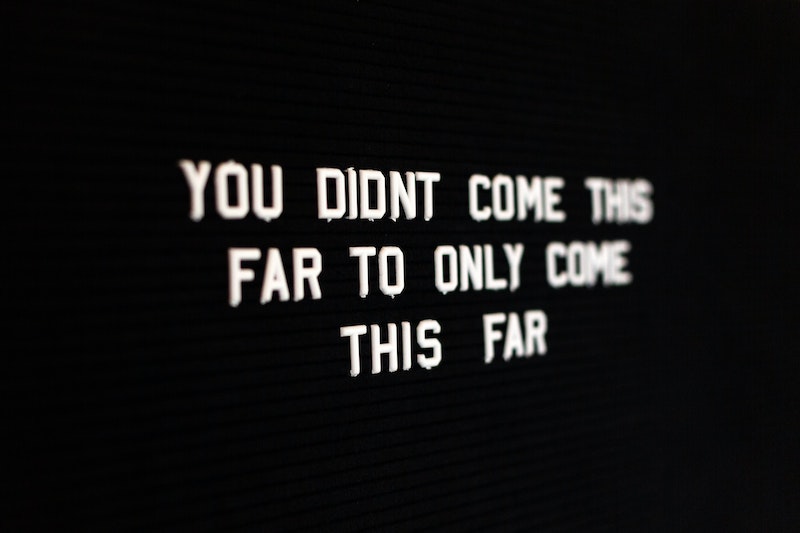
Last week, I was talking to my writing mentor on the phone, a man who has written over three dozen bestselling books and novels and whose work has been instrumental for me in finding sanity and levelheadedness as a creative person.
Here’s something you probably don’t know about me: I’m a bit of a people pleaser. I like impressing people with how hard I work and how dedicated I am to my craft. I became a rebel in my teens, but there’s still a little girl inside of me who loves getting an “A” from her teacher.
I was practically bouncing in my chair as I told him that the next plan of action for my novel was to write 3,500-word character summaries for all the characters. I didn’t intend to put any of it in the book, but I felt like I needed more understanding of who these people were.
“It’s that iceberg thing, you know?” I said to him. “There’s so much depth below the surface, even though you only see a tiny bit of it at the top. All the deep work below informs what little you eventually see in the book.”
I expected applause, perhaps a pat on the back for working so hard. Some credit for reading so many writing books and understanding the concepts so thoroughly.
Instead, all I got was silence. Quickly, it became uncomfortable silence.
“I’m quiet because I’m thinking,” he said to me. “I’m considering how I should approach this in a way that will be helpful to you.”
I was bouncing a little less eagerly by this point.
“Sometimes, there needs to be nothing more to a character than what he or she brings to the current scene,” he said eventually. “Let’s say you find during your character summary exercise that your protagonist’s missing sister liked raspberries. Does that add anything new to your book other than that your protagonist’s missing sister once liked raspberries?” (My mentor is American. My protagonist’s missing sister can obviously only like mangoes.)
“You mean, I shouldn’t write character summaries?” I said, deflated. What was I going to do now if I wasn’t going to write character summaries?
“What you’re doing is stalling. You’re refusing to let go of this book,” he said. “You’ve been working on this novel five years, you said? This is just one more attempt to convince yourself you haven’t done enough so that you don’t have to finish it and show it to people.”
BAM!
It took me about three seconds to recognize the truth of what he said. I didn’t realize it then, but later, alone in my bed, I knew how this was one of those amazing a-ha moments that people talk about that feel almost life changing, like a curtain has been lifted and you can see clearly. This must be what therapy feels like.
Two days later, I had a finished first draft.
A week later, the novel was revised and fully edited and five years after I first sat down to write, I typed in the words “The End.”
The End.
It’s not lost on me that all I needed to reach this point was a half-hour phone conversation with someone I respect and whose advice I trust. Someone who could recognize my struggle because he has been there and who could then give me the smart and practical advice that would help me through it.
I have realized again and again in the last few months that I have stalled in my career, and I have stalled and become frustrated for no other reason that I’m constantly surrounded by people who are doing what I do but not enough by people who are doing what I want to be doing. And as I have recognized this, I have tried to remedy it.
We all need people further along in the path to guide us, to show us the way, and most importantly, as I discovered, to recognize the stumbling blocks that we ourselves cannot. This person may come in the form of a mentor, a coach, or a trusted friend who achieved some success before you did.
But you need that person. We all do.
It doesn’t matter how you choose to find this person. What is important is that you do. That you have someone you can call or email quickly for advice and talk through career choices and forks in the road. Peers are important, yes, but at some point you will come to a standstill if you do not have a mentor who is miles and miles ahead of you.
I have no doubt that had I not had that phone call last week, I would still be writing, rewriting, and delaying finishing up my novel with, if not 3,500 word character notes, another plot overhaul or obsessiveness about the literary-ness of the language. Instead, this week, I started book #2.
The writing life is a journey. We can soldier on alone solving every problem anew, or we can seek out help from people who have been on the path before us.
I chose to ask for help a few months ago. And now I have a finished manuscript.
Maybe you can too?